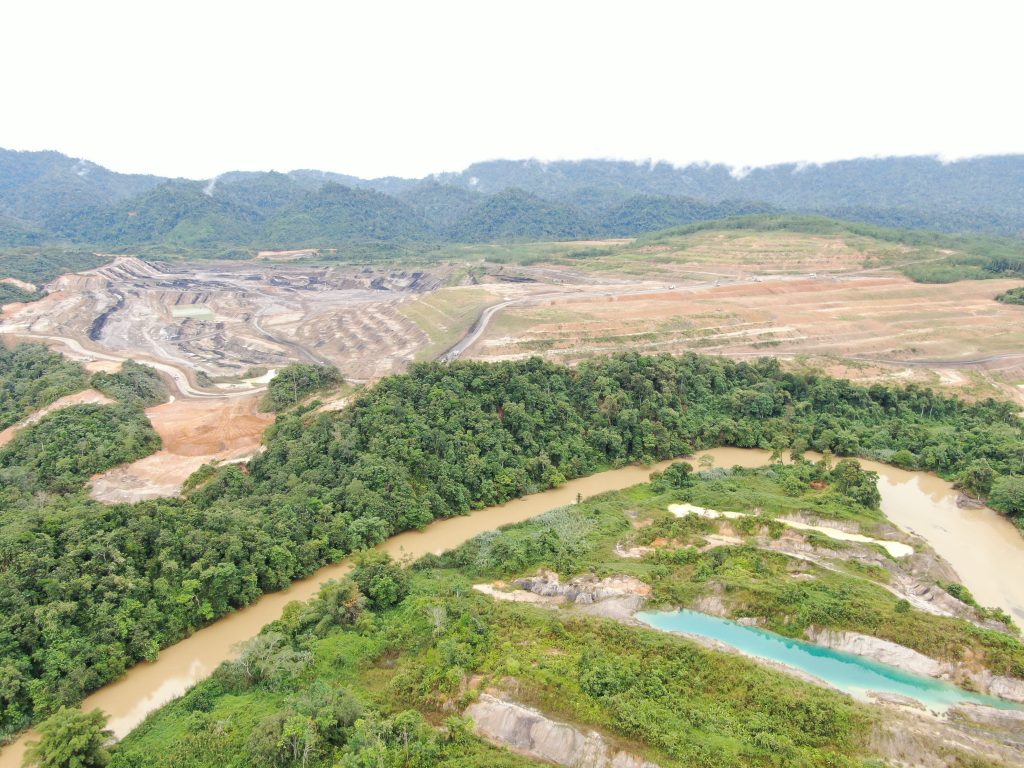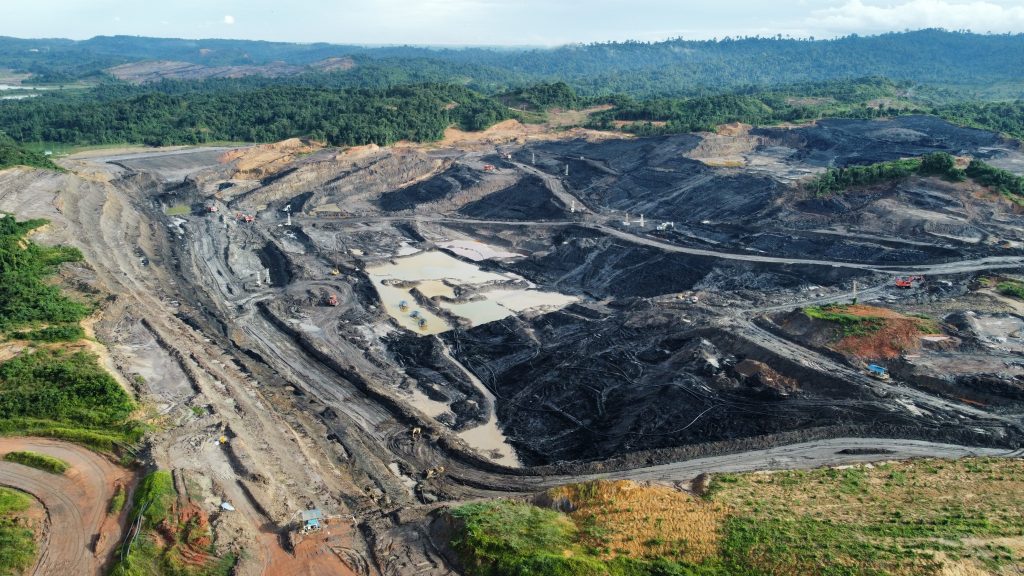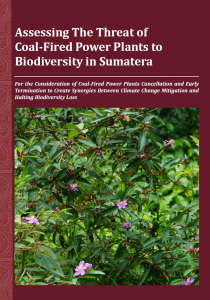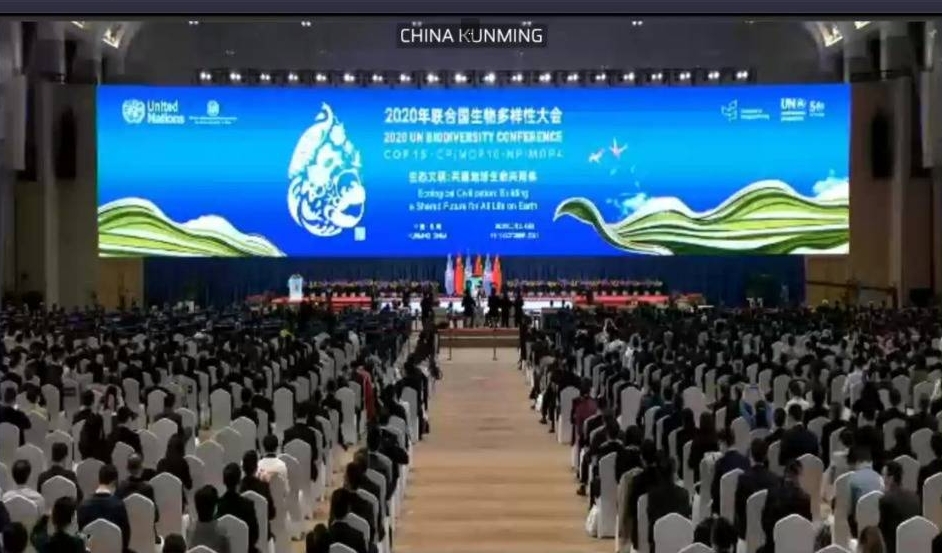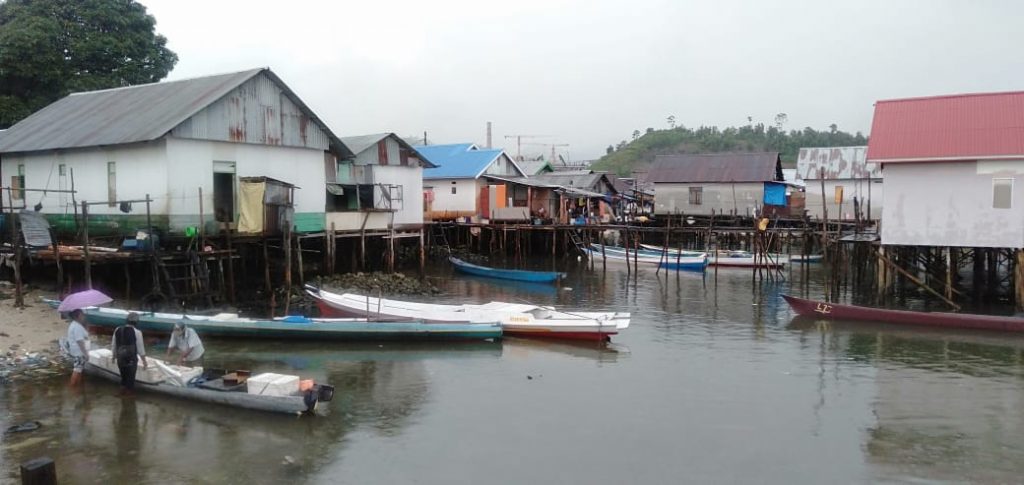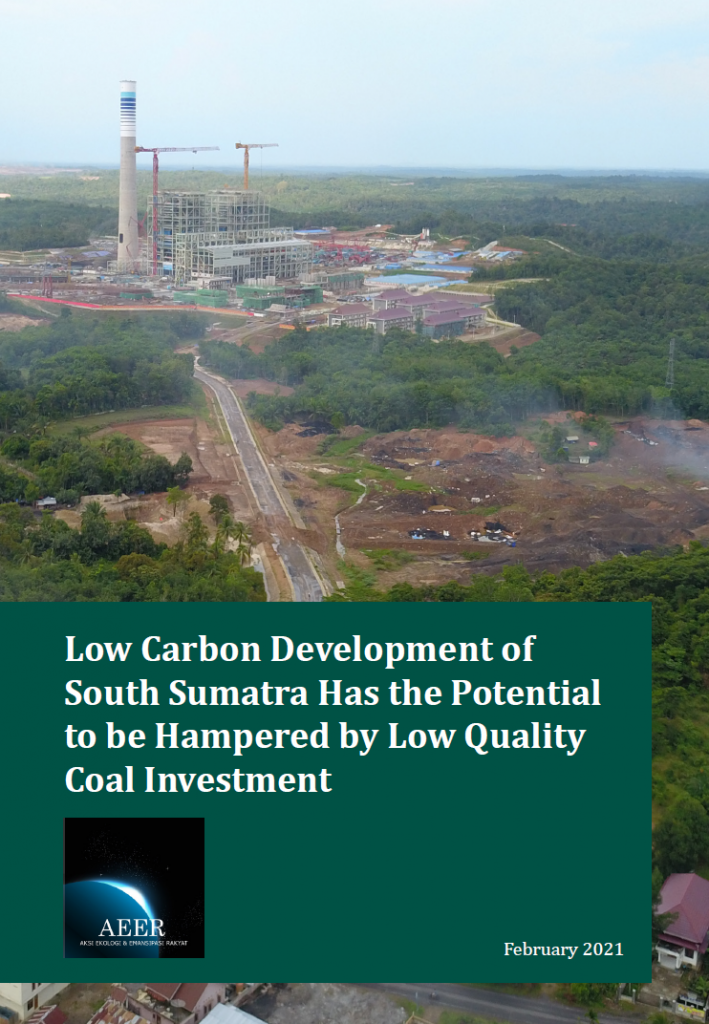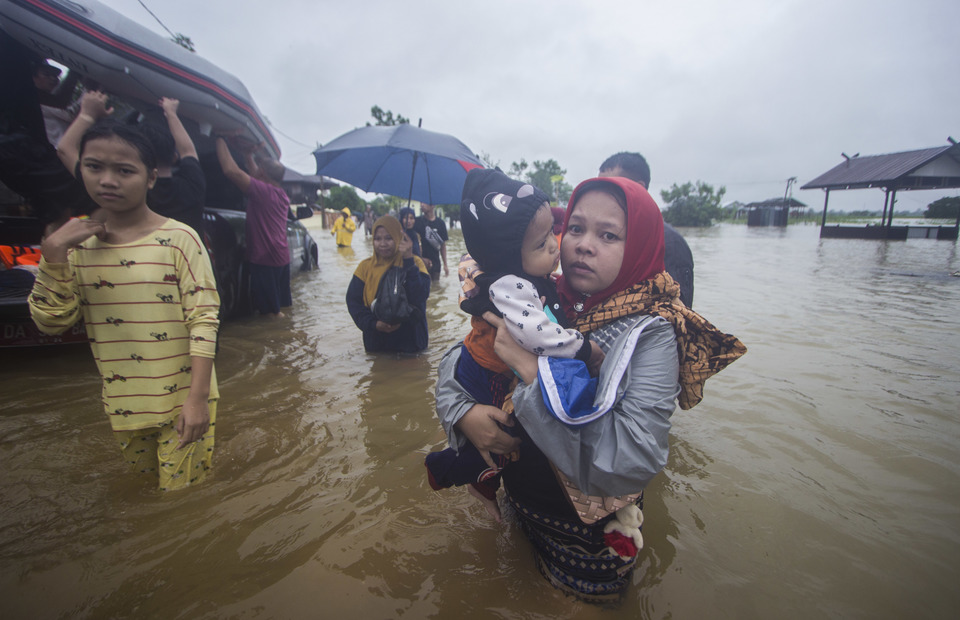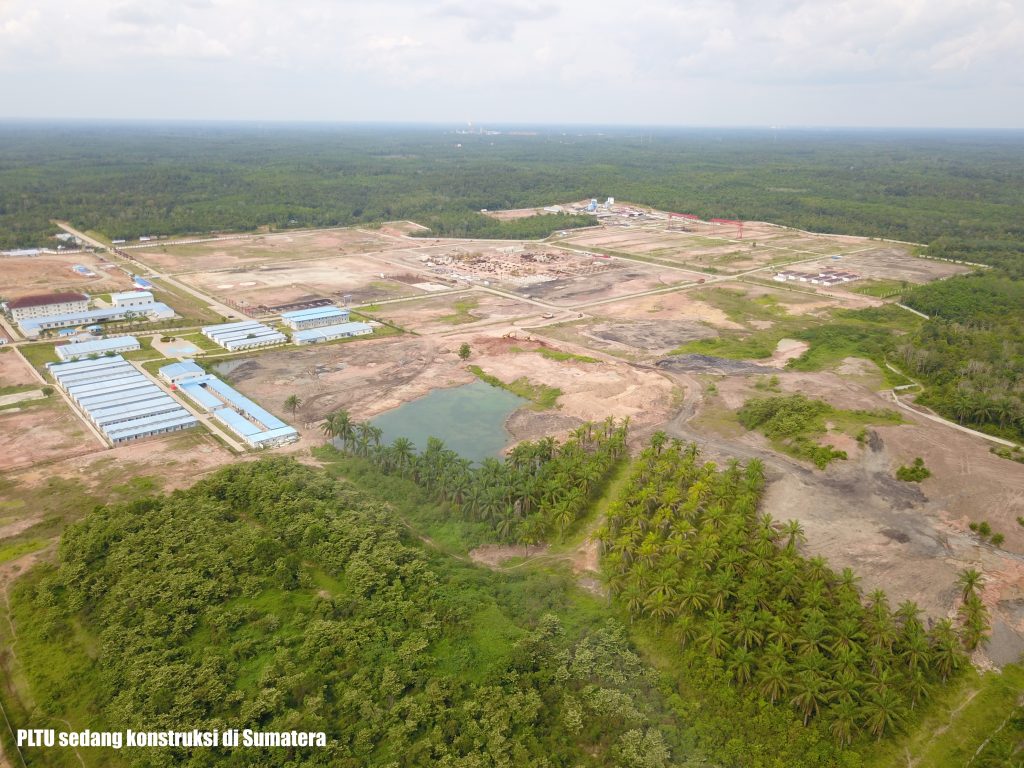Pers Release
Central Sulawesi Jatam & Action for Ecology and People’s Emancipation (AEER) Association
Jakarta, 11 Mei 2022
At the moment, the world is developing electric transportations as an attempt to face climate change. Nickel has been targeted as a favorite commodity because the demand for electric transportations has begun to rise. More and more cars companies are competing to develop different battery technology.
Tesla dan Indonesia Government are planning to work together to invest in nickel batteries. Environment organizations in Indonesia, Jatam Central Sulawesi and Action for Ecology and People’s Emancipation (AEER) demanding Tesla and Government of Indonesia make nickel battery free from coal energy and deep sea tailing disposal (DSTD).
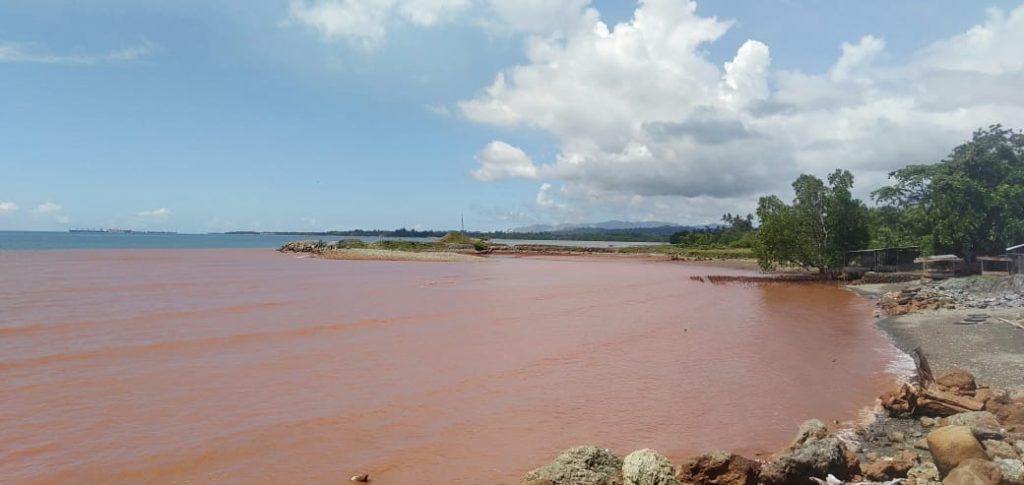
Central Sulawesi Jatam and AEER proceeded to send a letter to the CEO of Tesla, Elon Musk on Mei 11 2022. In the letter, they urging CEO Tesla, Elon Musk, keeps tied to his commitment that was told in the annual meeting of Tesla stakeholders in September 2020. He said that he is offering a long term contract for companies that can mine nickels with one condition: Not polluting the environment.
Pius Ginting, AEER Coordinator, states two points in the letter: If Tesla wants to invest in Indonesia, they should make it free from coal fired power plants. Because doing so conflicts with the aim of electric tranportation: reducing total gas emission.
According to a study done by AEER, coal fired power plant activities for nickel processing in Indonesia has increased air pollution and health problems for local citizens in Bahodopi, Morowali[1]. Coal ashes are blown into citizens homes, causing many people to suffer with Acute Respiratory Infection (ARI) disease.
Moh Taufik, Central Sulawesi Jatam Coordinator, adds, Indonesian nickel use production shouldn’t use Deep-Sea Tailings Displacement(DSTD) method to waste dumps. Tailing with enormous volume pose high risk to the coastal ecology such as hyper sedimentation, inhibition vertical migration of marine biotas.
According to the United States Environmental Protection Agency (EPA), water contamination caused by mining is one of the three biggest risks in the world.
Media contact:
[1] https://www.rosalux.de/fileadmin/rls_uploads/pdfs/engl/Nickel_Study_FINAL.pdf


